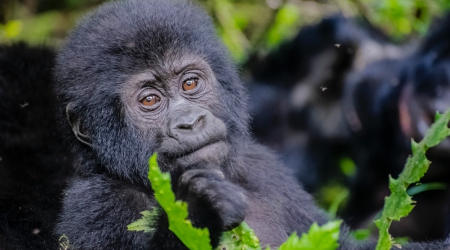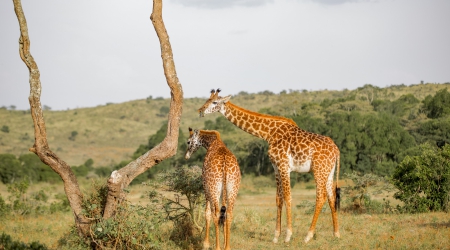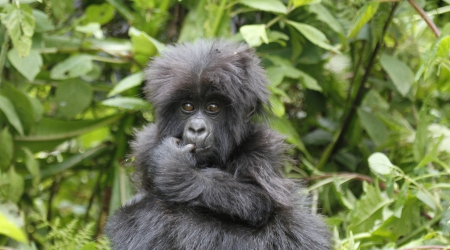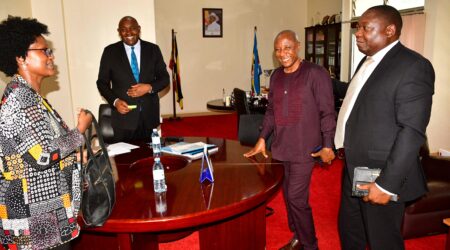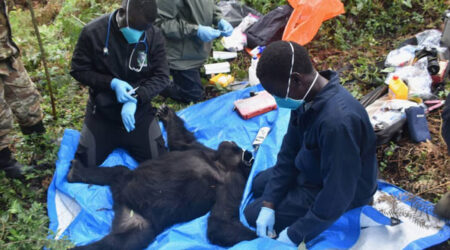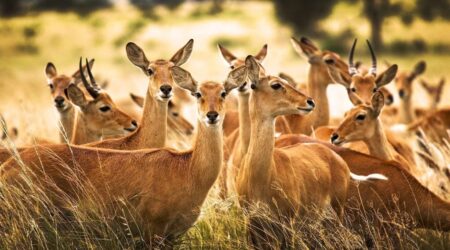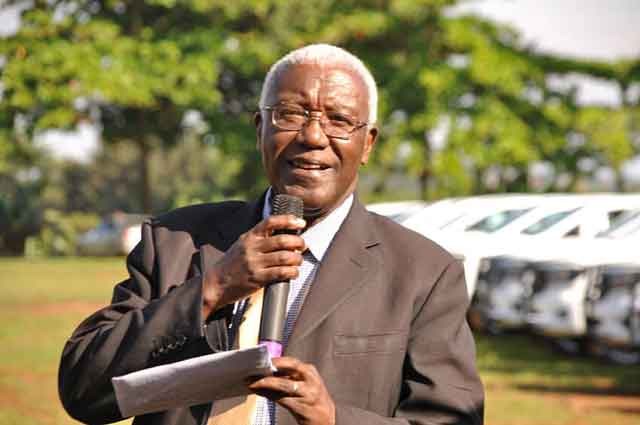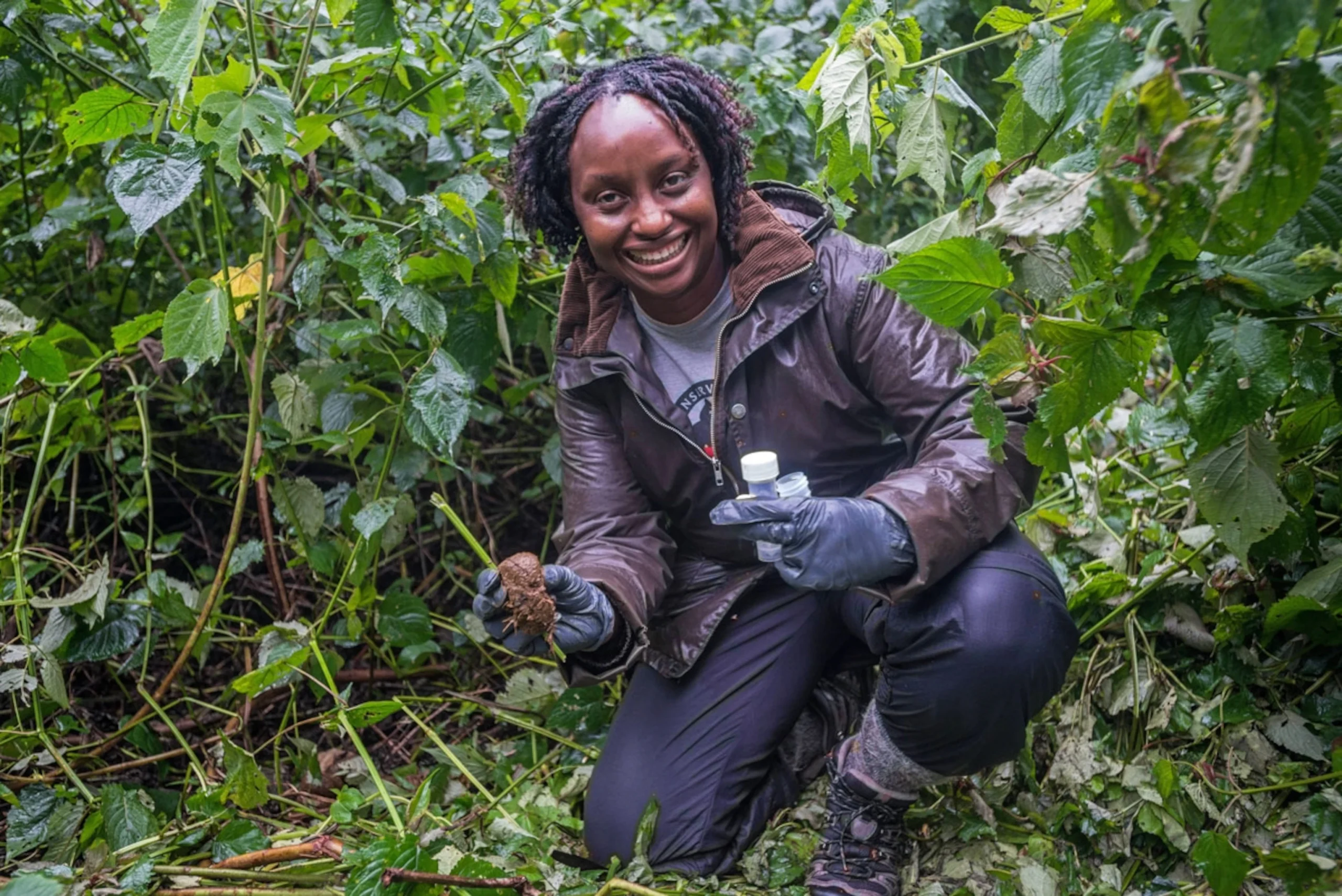Eco tourism in Uganda takes travelers in natural areas, whether it’s a rainforest like Bwindi impenetrable forest national park or wetland for example, and the purpose is to educate visitors and raise environmental awareness. That is in line with the international eco-tourism society defining ecotourism as responsible travel to natural areas that conserve the environment and improve the socio-economic wellbeing of the local communities.
A LITTLE HISTORY
Uganda’s push towards eco-tourism began in 1923 with the establishment of the elephant control department and the first game reserve Toro game reserve in 1924 when the national parks Act of 1952 came into effect. The trend continued and now Ugandan park’s system includes 10 national parks, 13 wildlife reserves, 5 community wildlife areas. In addition, to this there’s one Ziwa white Rhino private sanctuary which is operated by non-profit environmental organization. That puts Uganda with over 20% of its total area meant for conservation, one of the biggest rations in Africa.
Uganda also has the highest diversity of flora and fauna in Africa. As a country where the East African savanna meets the central African Congo basin rainforests, it creates migratory bird routes to the rift valley and many species from both east and central Africa exist due to hot equatorial climate.
Uganda has 400 which are half of the world’s mountain gorilla population found in Bwindi impenetrable forest national park. The country also has 1061 birds which is 50% of species in Africa and 11% of the world’s birds, 345 mammals, 15000 tree species and many reptile and amphibian species. This biodiversity of wildlife plays a significant role in Uganda’s commitment to conservation.
It is no surprise that eco-tourism is well accepted given Uganda’s natural riches. However, it was not this way. During the early late 1970’s, civil war broke out till 1986. During that period poaching led to extinction of black and white rhinos, many forests were cut down for agriculture and cattle grazing. when Uganda regained political stability in 1986 with establishment of Uganda wildlife authority in 1996 and national park system changed all that. Travelers who pioneered Uganda safaris were agreeable to pay any amount of money to experience nature. This meant that Uganda conservation did not involve losing money that was invested.
Uganda wildlife authority estimates that nearly half of the total number of tourist arrivals participate in some form of ecotourism. Be it mountain gorilla trekking, golden monkey tracking, mountain climbing, wildlife viewing, birding, white water rafting on the Nile or boat cruise. Consequently, ecotourism in Uganda is accountable for direct and indirect employment opportunities and foreign exchange earnings which have helped to reduce poverty levels in the country.
Tourism in Uganda has led to development especially to the local economy. But that seems controversial to critics who say it’s very difficult to conserve nature with so many visitors visiting fragile areas. For instance gorilla trekking has been criticized for cutting trees to create trails through the Bwindi to see gorillas which can lead to plant and animal destruction, off trail driving in Queen Elizabeth national park for experiential tourism activities like lion tracking, mongoose census as well as habitat destruction in other national parks.
Balancing this conservation and visitor needs is the main challenge facing Uganda’s eco-tourism. Popular safari adventures like gorilla trekking in Bwindi impenetrable forest national park for example does not allow more than 8 tourists to visit the gorillas.
The eco-tourism experience in Uganda
Some travelers ask, how do you get a real eco-friendly experience in Uganda and how is it like
First of all, get on safari wildlife is easier to see but visitors will have to travel to very remote and rural areas. Africa tours adventure advises travelers visit rural communities like Kidepo valley in Karamoja and Rwenzori mountain national park. Semuliki valley national park is another good place to visit for birding, thermal hot springs and plans to habituate grassland chimpanzee are ongoing. By visiting rural areas, you’re helping to support local eco-tourism initiatives.
Uganda national parks offer unfiltered access to outdoor adventures. Some include Mgahinga gorilla national park along the Virunga massifs, snow capped Rwenzori mountains national park, and Murchison falls national park, kibale forest national park among others. If you need to get close to wildlife and nature, plan a safari and be willing to get off the beaten track.
Eco-tourism activities therefore involve visits to some of the national parks, community based farms, Uganda wildlife education center, wetlands. The entrance fees that visitors pay to get access are meant to fund conservation, helping locals improve their wellbeing as well as educating them on environment. Eco-activities are educational. On a guided nature walk through one of the Uganda safari park, you might learn about animals, medicinal plants identify birds and their calls or the effect climate change is having in Queen Elizabeth national park causing invasive species that are threatening wildlife. It’s impossible for visitors not to gain an understanding of eco-tourism in Uganda during a safari.







